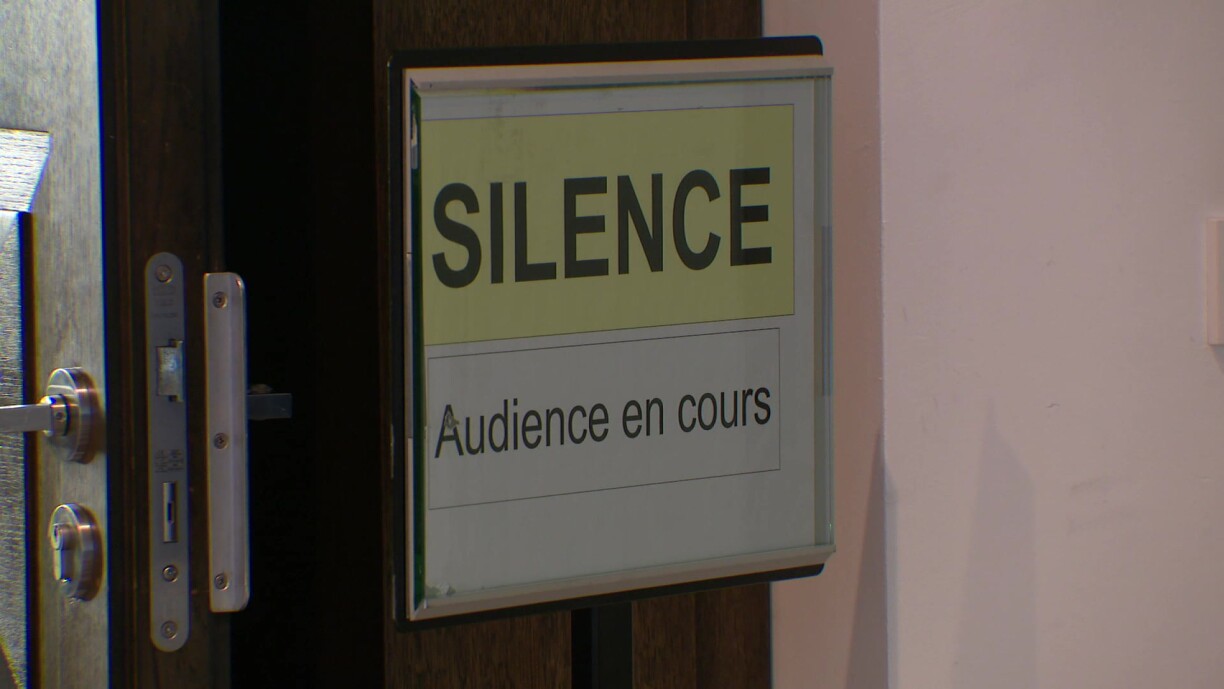
A large part of the session once again focused on what investigators call a key element of the entire inquiry: the so-called Geiben trail. As previous investigators had already stated, the sequence of events surrounding the surveillance of Ben Geiben, the former head of the gendarmerie’s elite unit, remains central.
Surveillance on Geiben was abruptly halted the day after the bombing at the Palais de Justice in October 1985, even though this lead had been considered one of the most promising avenues for solving the Bommeleeër affair. According to investigators, too much transparency about what happened would risk collapsing the entire investigative structure built at the time.
Monday’s hearing therefore revolved largely around statements made regarding that specific day. Investigators had closely examined what they believed to be inconsistencies in the testimonies of the elite unit’s former deputy commander, Guy Stebens, and his superior at the time, Pierre Reuland. The picture that emerged, however, was highly confusing.
Both men initially claimed not to have been aware that Geiben was under surveillance. Later, they said they recalled it partially, but they could not explain why the surveillance had been stopped from one day to the next, nor why they had failed to ask questions about it at the time. Their contradictory statements also made it impossible to determine who had been responsible for overseeing the operation on the day of the 1985 Palais de Justice attack.
An investigator nonetheless argued that it was difficult to believe that such an operation could have taken place without the knowledge of the elite unit’s commander. Reuland’s lawyer, Roland Assa, countered by emphasising that his client remains convinced that Geiben had no involvement in the attacks, something he said was indirectly supported by the investigative phase itself, since Geiben is not an accused party in the current trial and will not be called again as a witness.
However, the court also recalled that suspicion had already been raised about Reuland during the 2013–2014 proceedings. At the time, he repeatedly told magistrates that “there is only so far you can go”, insisting that he could not remember certain details regardless of what investigators asked him. The investigator on Monday concluded that Reuland had intentionally withheld information that could have helped uncover the truth, and suggested that he knew more than he was willing to admit.
Assa immediately objected, arguing that the investigator’s remarks sounded less like neutral analysis and more like a formal accusation. He reminded the court that the phrase “there is only so far you can go” had already been contextualised during the earlier trial, where Reuland explained it as administrative language referring to the natural end point of an investigation. Assa also pointed to comments made at the time by the investigating judge, Prosper Klein, who believed that any additional revelations would likely lead nowhere because key decisions had been taken “at a very high level”.
Guy Stebens’ lawyer, Georges Pierret, argued that it was inevitable that testimonies would contain discrepancies. The witnesses were questioned three decades after the events, he said, and were essentially thrown “into cold water” without knowing what they would be asked and without any opportunity to refresh their memories. In his view, mistakes in dates, names or the sequence of meetings were therefore unsurprising. He maintained that while inconsistencies existed, there had been no deliberate attempt to deceive or manipulate the court. He added that only a knowingly false statement made under oath with intent to cause harm could be considered perjury.
The trial continues on Tuesday morning with the closing arguments of the defence lawyers.
Bommeleeër affair reopens with trial of former gendarmes over false testimony
Third day of trial focuses on alleged false statements
Conflicting accounts emerge over abandoned bombing lead
Read also: Luxembourg’s largest criminal chapter ever (part 1)
Read also: Who is behind Luxembourg’s biggest criminal chapter? (part 2)